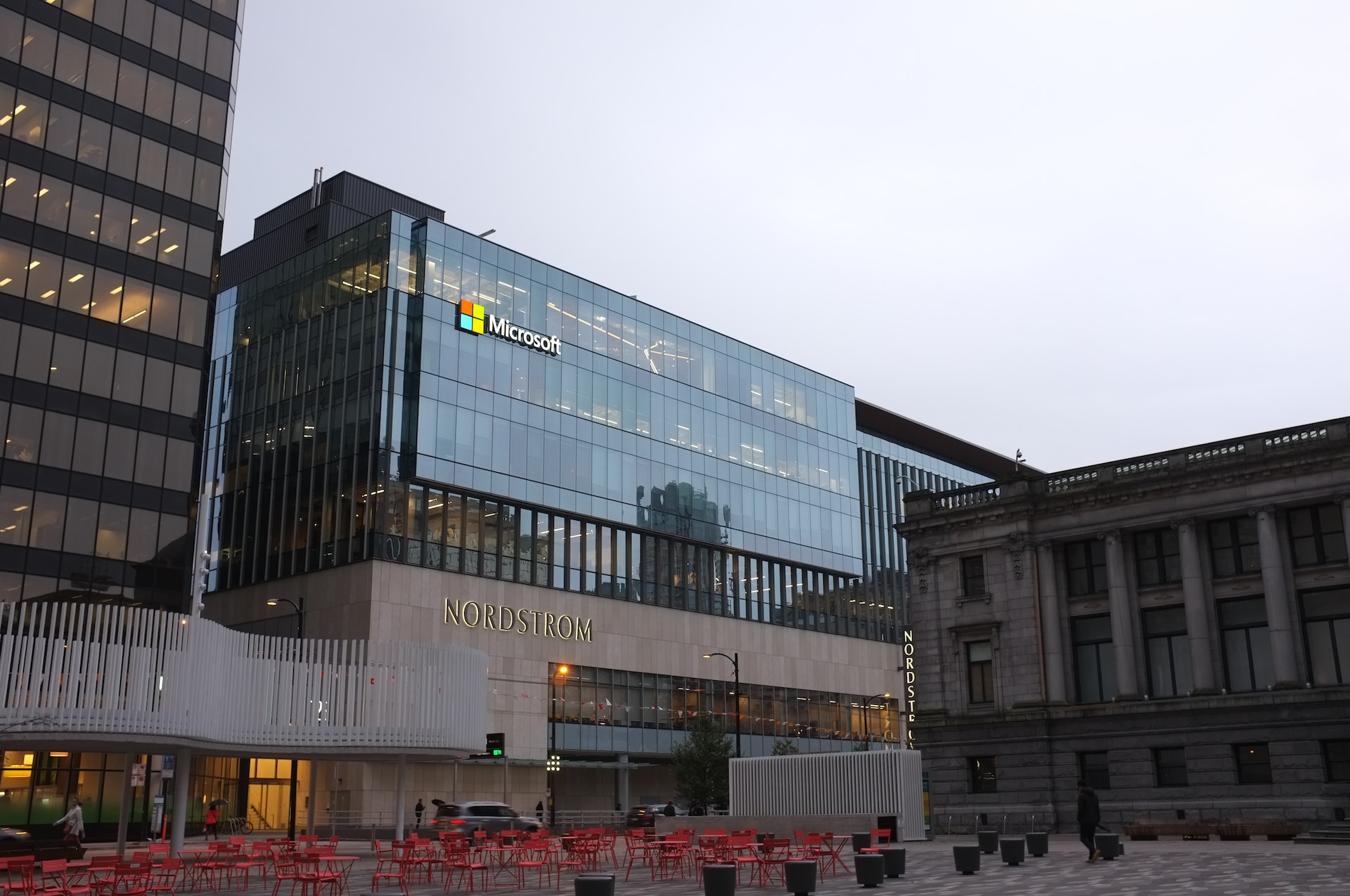Artificial Intelligence (AI) and cloud computing are two of the most important technologies of our time, driving innovation and shaping our future. Companies such as Amazon and Microsoft are at the forefront of this revolution, constantly pushing the boundaries of what is possible. But with great power comes great responsibility, and as these companies continue to expand their AI capabilities, they are facing new challenges in dealing with cloud slowdowns.
Cloud slowdowns occur when a cloud computing system is overwhelmed with requests, leading to a decrease in performance and slower response times. This is particularly problematic for AI applications, which require high-speed processing to function effectively. In recent years, Amazon and Microsoft have been developing new technologies to mitigate these slowdowns and ensure that their AI systems remain responsive and effective.
One of the main strategies being employed by Amazon and Microsoft is the use of “AI masking” technology. This involves using AI algorithms to predict when a cloud slowdown is likely to occur, and then redirecting user requests to other servers to avoid the slowdown. This approach has been successful in reducing the impact of cloud slowdowns on AI applications, and has helped to ensure that these systems remain responsive and reliable.
Amazon and Microsoft have also been investing heavily in the development of new hardware technologies to support their AI applications. For example, Microsoft has developed a new chip called Project Brainwave, which is designed specifically for AI processing. This chip is able to process AI workloads much faster than traditional CPUs, and is a key component in Microsoft’s efforts to build AI-powered cloud services.
Despite these efforts, there are still concerns about the long-term viability of cloud-based AI systems. Some experts argue that the complexity of these systems makes them vulnerable to a wide range of performance issues, including cloud slowdowns. Others worry that the rapid expansion of AI could lead to a “race to the bottom” in terms of quality and reliability, with companies cutting corners in order to stay competitive.
There are also ethical concerns around the use of AI in cloud computing. Critics argue that these systems are vulnerable to bias and discrimination, and that they could be used to perpetuate existing power imbalances in society. There are also concerns about the impact of AI on employment, with some experts predicting that the widespread adoption of AI could lead to significant job losses in a range of industries.
Despite these challenges, Amazon and Microsoft are pushing ahead with their AI strategies, confident that they can overcome these obstacles and continue to drive innovation in the cloud computing space. As these companies continue to invest in new technologies and explore new use cases for AI, it is clear that this technology will continue to play a central role in shaping our future.
In conclusion, the battle between AI and cloud slowdowns is a new front in the ongoing technological revolution, with Amazon and Microsoft at the forefront of the fight. While there are still many challenges to be overcome, these companies are confident that they can continue to push the boundaries of what is possible and create new, innovative solutions to the complex problems of our time. As we look to the future, it is clear that the intersection of AI and cloud computing will be a key driver of progress and change, shaping the world we live in for decades to come.




